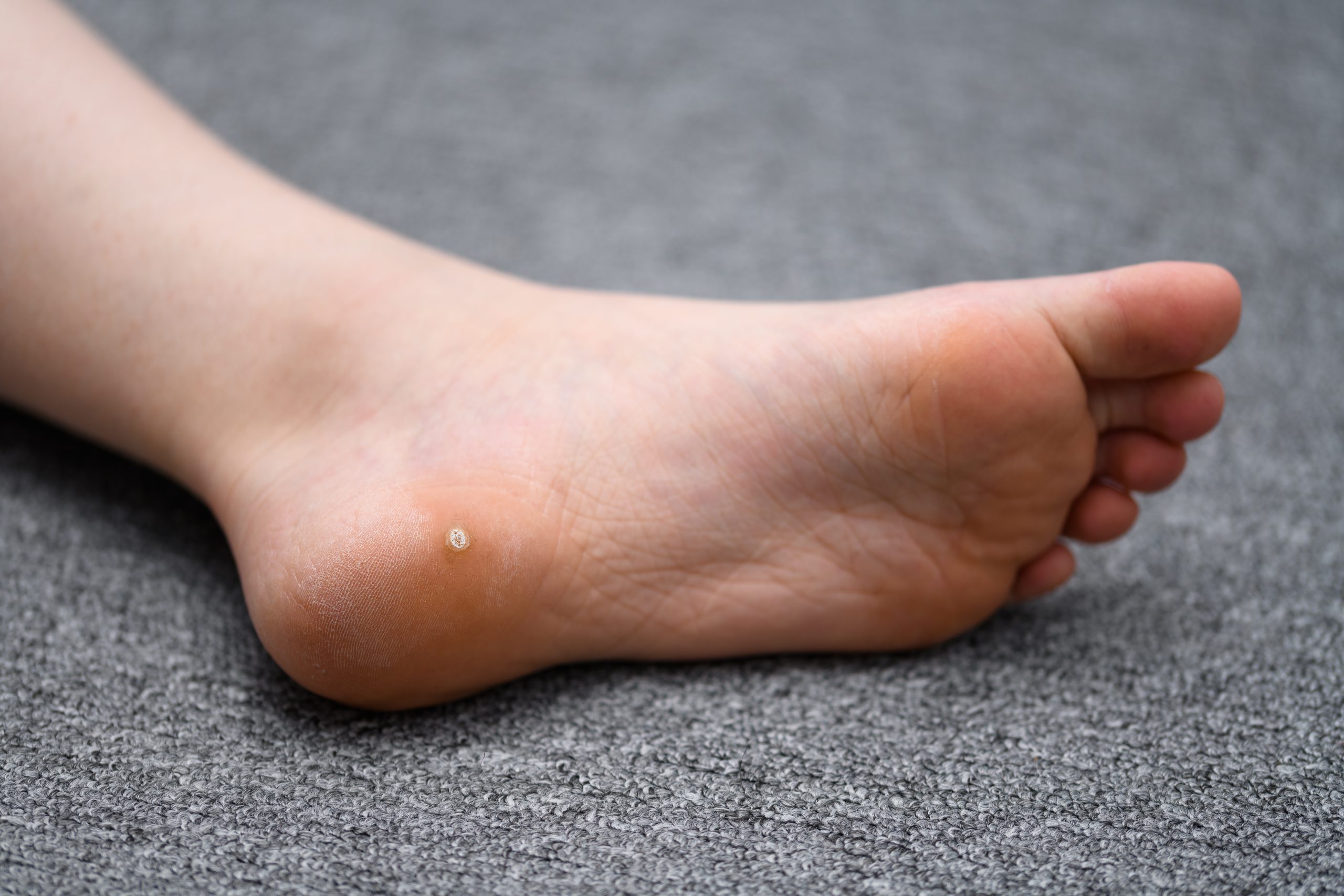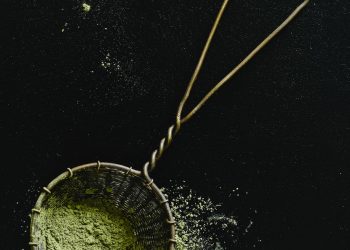Over 1 million people in the US are affected by multiple sclerosis or MS. It’s a long-lasting disease that affects the optic nerves, spinal cord, and brain.
Because of multiple sclerosis, basic body functions like muscle control, balance, and vision are affected.
The effects of MS vary from person to person. Some people get away with mild symptoms and don’t require any treatment to recover. On the other hand, some people suffer from severe health conditions and have trouble doing regular tasks.
According to new research, cocoa might help fight multiple sclerosis fatigue. The study didn’t provide any conclusive evidence yet. But it is quite likely that people with sclerosis will find comfort in having a cocoa drink every day for a few weeks.
What is Multiple Sclerosis?
Multiple Sclerosis occurs when the immune system of your body attacks a fatty material known as myelin.
Myelin wraps around the nerve fibers and protects them. When this outer shell is damaged, the nerves no longer receive protection. As a result, scar tissues are formed.
Because of damaged nerves, the brain fails to send signals through the body properly. That’s why people with serious MS find it very difficult to do everyday tasks.
The primary symptoms of MS get visible between the ages of 20 and 40. When the condition gets worse noticeably, most of the patients have relapses. The condition continues to worsen over time if the disease is severe.
The doctors are yet to find the reason behind the body’s immune system’s tendency to attack myelin. But they have identified a few things that seemingly make the disease more likely.
People with a certain set of genes are vulnerable to MS. Smoking can also be a cause of the disease to have occurred. Some people also get MS after they’ve gone through a viral infection. Viruses like herpesvirus 6 or Epstein-Barr virus change the way the immune system works.
Is Cocoa Really Effective for MS?
The research didn’t confirm that cocoa cures MS, but it has shown signs to relieve the fatigue caused by the disease.
According to the research, a daily dose of 45 grams of dark chocolate can improve chronic fatigue syndrome. Dark chocolate is rich in cocoa.
Cocoa contains high amounts of flavonoids. Flavonoids are plant compounds mainly found in tea, wine, vegetables, and fruits. Flavonoids have antidiabetic, neuroprotective, and anti-inflammatory properties.
The research was conducted on 40 adults who were divided into two groups. The first group drank a flavonoid-rich beverage made of cocoa powder and rice milk. The other group got a low-flavonoid version of the same beverage.
Both groups continued to drink their beverages daily for a period of six weeks. Then the researchers assessed the results by examining fatigability. Fatigability stands for the time period a person can maintain cognitive and physical performance before fatigue kicks in.
The evaluation included self-assessment and the use of a pedometer to monitor the walking speed of the participants. These assessments were carried out at three points during the day.
The study has shown that drinking high-flavonoid cocoa had a moderate effect on fatigability. The people, who drank high-flavonoid beverages, experienced a 45 percent improvement in fatigue, along with an 80-percent increase in walking speed.
In conclusion, the researchers said that the use of dietary interventions seemed feasible and might offer possible long-term benefits to improve fatigue and walking endurance. For assessing the long-term benefits, extended studies are required.
Final Thoughts
The research was carried out by a team of certified specialists. It is quite likely that the research has yielded the correct results. However, the researchers themselves have admitted that they need a full evaluation, including longer follow-ups and wider geography.
You can still try drinking high-flavonoid cocoa to relieve the fatigue if you have MS. But don’t expect immediate results. Probably the beverage worked for the individuals who took part in the research, but that doesn’t guarantee it will work for everyone.
It is hoped that more extensive research will be conducted in the future to conclusively determine if coca has any positive impact on MS or not. If the research results are positive, it will mean a lot to all the MS patients from different parts of the world.





